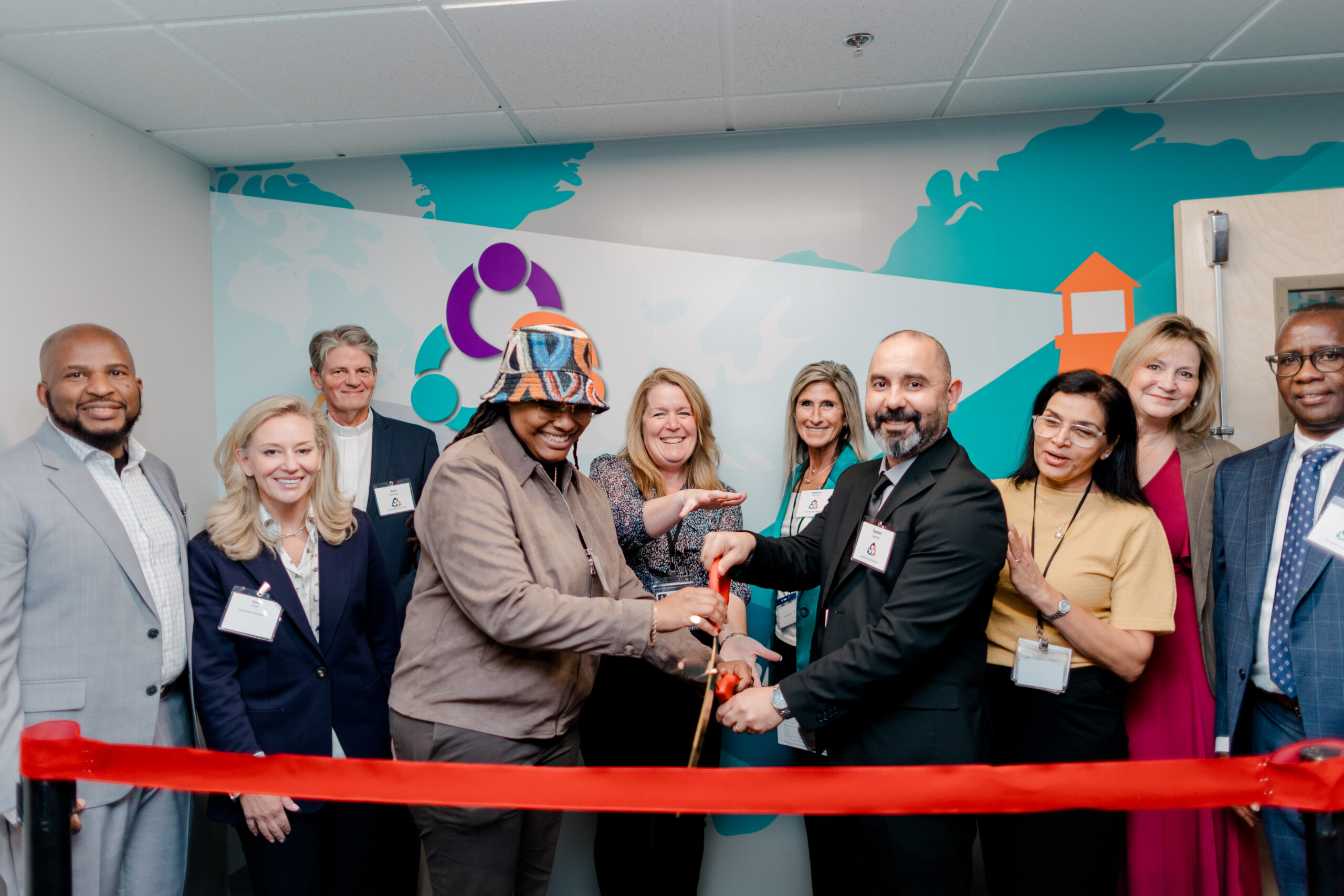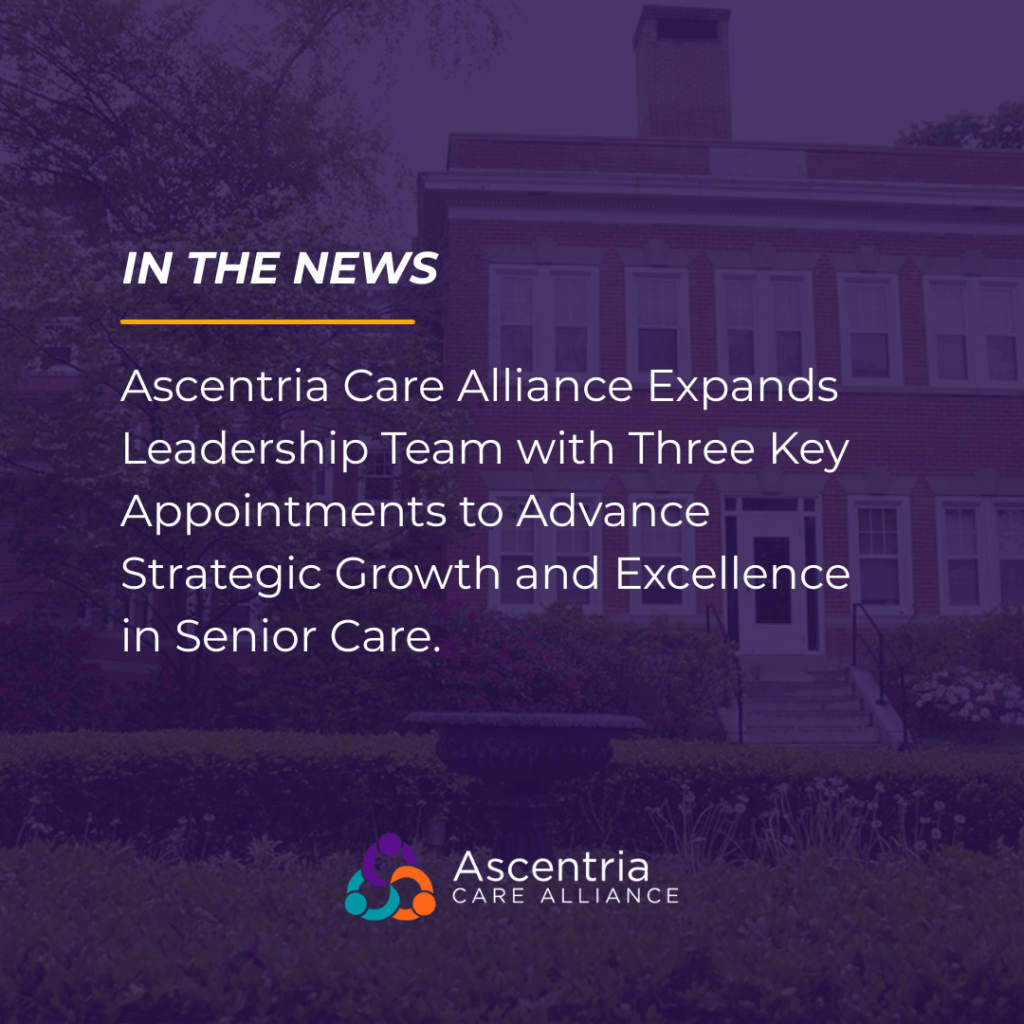At Ascentria, we are both alarmed and saddened by the passage of the budget reconciliation bill. As an organization dedicated to walking alongside individuals and families in vulnerable situations, we cannot ignore the profound harm this legislation is likely to cause.
From what we know now, this bill threatens to undo decades of progress in public health, food security, and immigrant inclusion. The potential for millions to lose health coverage is not just a policy statistic, it’s a matter of life and death for those managing chronic illness, seeking prenatal care, or accessing mental health services. When hospitals in rural communities close, it’s not an inconvenience, it’s an emergency with no nearby answer. And when food assistance is cut, it’s not belt-tightening, it’s children going to school hungry and seniors skipping meals to afford medication.
This bill sends a chilling message to immigrant communities; communities that have long contributed to the fabric and strength of New England and the nation. It penalizes states for making humane, inclusive policy choices. It drives a deeper wedge between people and the systems designed to protect their health and dignity.
We understand that fiscal responsibility is a necessary goal, but this bill adds trillions to our national debt and comes at the cost of human lives and community well-being. Budgets are moral documents and this one, as passed, fails to reflect the values we believe should guide our nation: compassion, courage, integrity, and a commitment to shared prosperity.
Ascentria has always stood with those who are all too often overlooked by broad policy strokes. We will continue to do so now. We urge lawmakers to reconsider and realign this legislation with the core principle that every person, regardless of background, income, or immigration status, deserves access to care, opportunity, and respect.
We ask our community members, nonprofit partners, and elected officials to not only pay attention, but to act. Because the consequences of this legislation are not abstract. They will be measured in ER visits, in empty pantries, in fear among families who no longer feel safe or seen. And they will be felt first, and hardest, by those already carrying the heaviest burdens.
Now is the time for us all to show what kind of country we want to be. One that protects its most vulnerable, or one that turns away when help is most needed.




